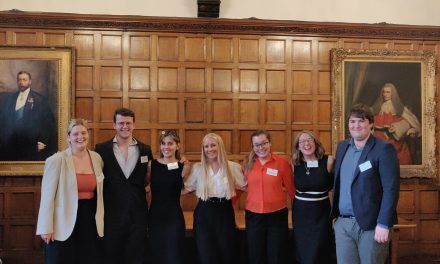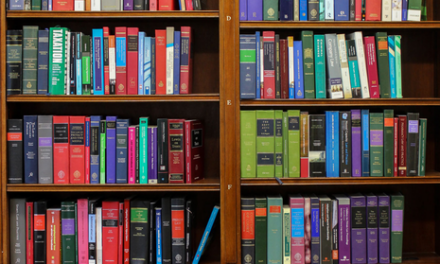As is likely true of most Americans, my concept of ‘barrister’ derived from television and film depictions. Posh accents, horsehair wigs, and silk robes embraced by advocates who engage in witty repartee seemed quite foreign to my own experience as an attorney in Massachusetts. My limited understanding changed in 2017 when I attended a national advocacy training program in Chicago with English judges and KC (or silks), sponsored by the American Inns of Court (AIOC).
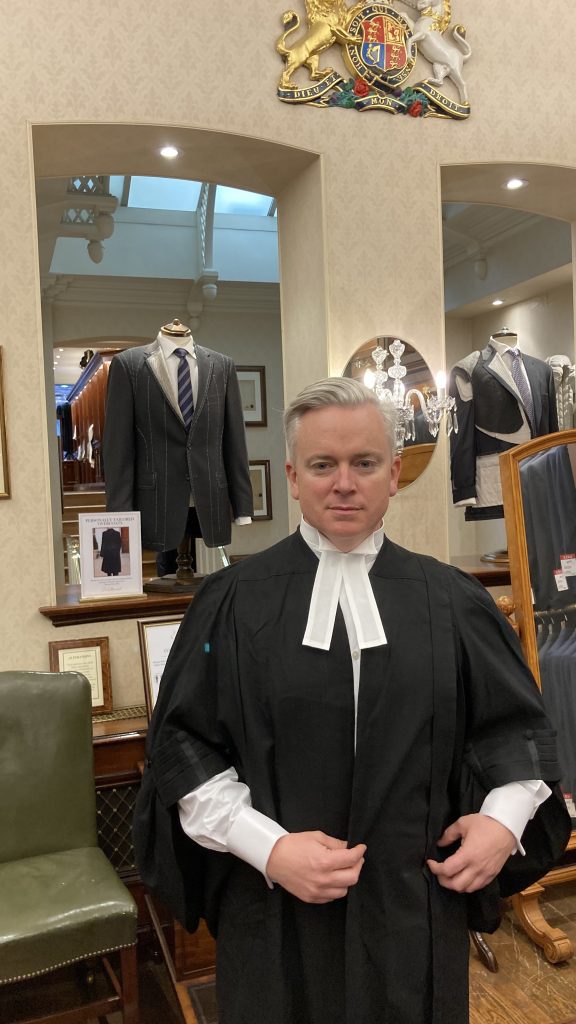
The AIOC models itself on the tradition of the English Inns of Court, but there are some noteworthy differences. American attorneys are called by each state at a swearing-in ceremony, not by the Inns of Court. Membership is not compulsory, and most attorneys never join an Inn. In England, there are four Inns, but in the U.S., there is one national Inn with hundreds of local chapters. I was able to compare the English and American Inns when I visited London as a Pegasus Scholar in 2019.
The Pegasus Scholarship Trust provides an opportunity for two selected English barristers and two selected attorneys from the United States to travel overseas to learn about each other’s legal system for a period of six weeks. In its 30-year year history, however, no American Pegasus Scholar had joined the Bar of England and Wales as a practising barrister, and I was curious to know why. Having heard that the journey to the English Bar was a long and quite competitive one, it was mentioned that it would be almost impossible to compete as a foreign lawyer. However, my curiosity wasn’t diminished as I shadowed barristers from various chambers in courts across London during my six-week stay.
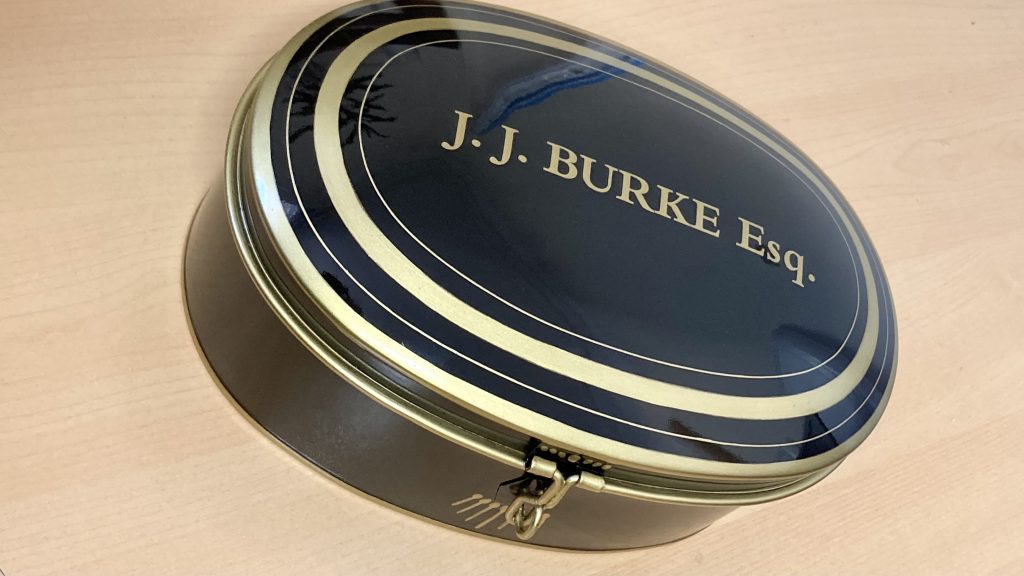
I immediately noted the similarities and differences between the law and procedures of our respective jurisdictions. I carried years of experience prosecuting and defending in criminal cases in the United States, but never concurrently the way English barristers are permitted to do. The possibility of taking instructions from both the Defence and Prosecution was particularly attractive to me, as it would only sharpen my advocacy skills. The more time I spent in chambers, in court, and at the Inns, the more I wanted to join the ranks of barristers who work in the English system. I was particularly awestruck by the majesty of the English Inns of Courts, especially the grand Elizabethan Hall at Middle Temple, where I was invited to dine on multiple occasions by Director of Education, Christa Richmond. Given Christa’s hospitality, as well as the rich history of the Middle Temple’s involvement in the settlement and Independence of America, I knew that if I were ever Called to the English Bar it should be at the Middle Temple.
Following the Pegasus experience, I returned to my work in Massachusetts, defending juveniles in delinquency cases and representing parents and children in care and protection proceedings. A few months later, the courts in Massachusetts closed in response to the Covid-19 pandemic and, as many people began to reconsider their career choices, I spent more time charting my journey to the English Bar.
Surprisingly little is published about how lawyers can transfer to the English Bar from another jurisdiction, and almost nothing is written by or about attorneys who have done so. One of the most comprehensive books on becoming a barrister, Bewigged and Bewildered, by Adam Kramer and Ian Higgins, devotes only a single page on transferring to the Bar, but that portion of the book did serve as the initial blueprint in making my goal a reality.
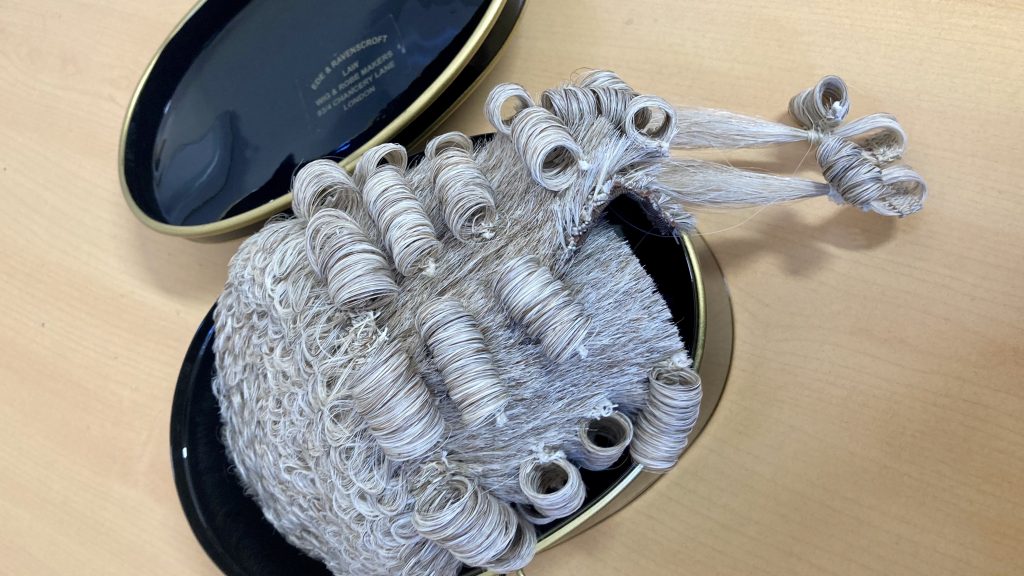
In April 2020, a month after the court closures, I made an application to the Bar Standards Board (BSB) for admission to the Bar as a foreign qualified lawyer and for waivers and exemptions which I believed I could qualify based on my academic and professional work experience.
On Thursday 2 July 2020, the BSB granted me full waiver of the academic and vocational components and partial waiver on the pupillage component of Bar training and outlined the remaining steps I would have to undertake to become a practising barrister. I was required to complete the Bar Transfer Test, including advocacy assessments. The good news was that I was one step closer, but this roadmap represented a journey that seemed like it would take a great deal of time. Like all Bar students in England and Wales who invest even more into the journey, there was no way to know whether I would make it to the end and secure a period of pupillage.
During the pandemic, my U.S. based court appearances were conducted virtually, and it also became possible to complete all assessments, Bar preparation, and Qualifying Sessions remotely as well. Transferring to the Bar during the pandemic did not require me to travel to London, which kept my costs low. In fact, I only returned to London for the optional in-person Call ceremony on Thursday 25 November 2021, a National Day of Thanksgiving in the U.S. Call night is a special and memorable day for every barrister, and for me it was a reunion of sorts. In addition to reuniting with Christa Richmond, I was joined by David and Susan Lincoln from my side of the Atlantic, as well as new friends from Legal London: Her Excellency Joanna Korner CMG KC, Jo Sidhu KC, and Lily Bayrock from Just for Kids Law. I was then an unregistered barrister.
To obtain a practising certificate, I needed to complete a partial pupillage for six months. What chambers would take on a pupil whose route to the Bar was so unconventional and virtual? A KC suggested that I take a look at Legis Chambers, a diverse, forward-looking set. Almost everyone in Chambers has a connection to a country outside England, and this was very attractive to me. The future of the Bar will likely see less separation in the work between solicitors and barristers, and Legis Chambers is ahead of the curve. Most of its barristers provide direct access services to lay clients, and some members regularly litigate. My American experience recognises no distinction between the two types of lawyers, so this was of interest to me.
I located a posting for pupillage at Legis Chambers on the Pupillage Gateway and submitted my application by way of a covering letter and resume according to the instructions. I explained what I could offer in terms of experience and skills, how I could fit into its workstream, and why I was particularly interested in Legis Chambers. Based on conventional wisdom about the success rate of pupillage applications, my expectations were appropriately measured. After a virtual interview with members of chambers, they were convinced that we were indeed a professional match.
In January 2022, I returned to London with a visa sponsored by the Bar Council to undertake a six-month pupillage. During the three-month non-practising period, I shadowed Nazar Mohammad and other barristers in courts across England, helped prepare bundles, recorded notes at client conferences and court appearances, and assisted in drafting documents.
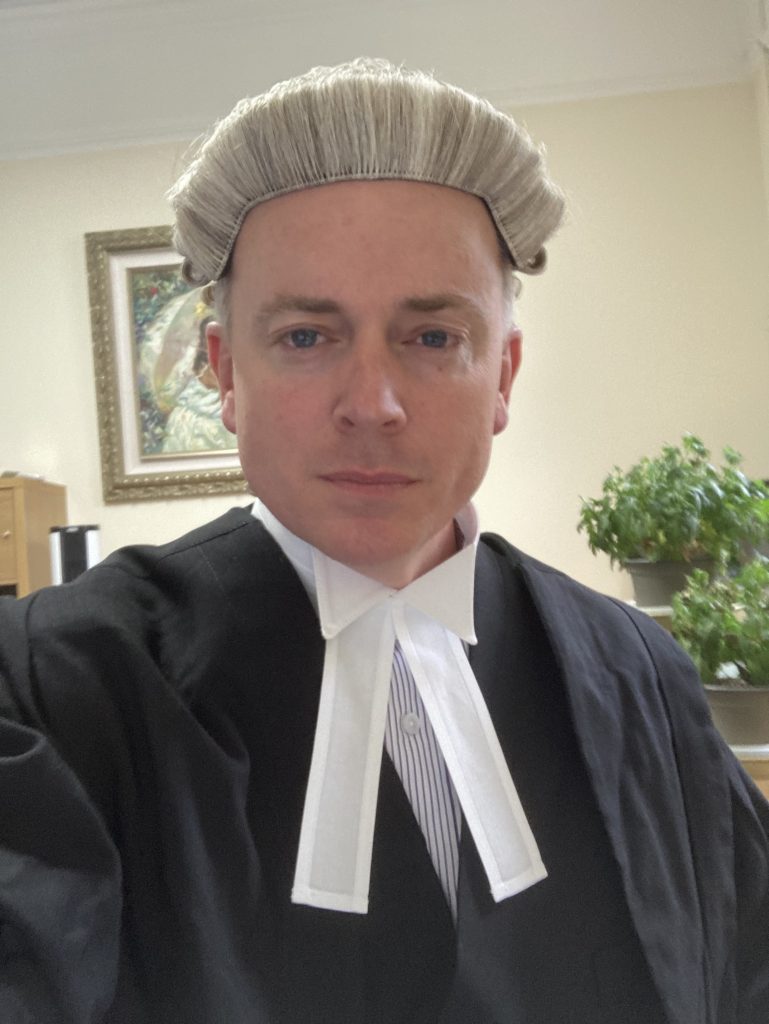
During my non-practising pupillage, I participated in Middle Temple’s two-week pupils’ advocacy course and its weekend advocacy course at Cumberland Lodge. Through those opportunities, I met talented students and pupil barristers who remain friends, and I worked consciously to incorporate more British courtroom etiquette. I had never introduced my opponent in America as a learned friend, and likely I would have been chastised for exhibiting sarcasm if I had. Knowing when to inform the tribunal that I am grateful remains unnatural to my way of speaking, but I continue to try adapting my advocacy to the British courtroom style for which I have developed an appreciation.
The barristers with whom I worked daily were welcoming from the beginning, and, despite the challenges and our rigorous legal preparation, we managed to find humour and share laughter every day. Legis Chambers generously hosted a public event in February 2022 where I presented an American perspective on the civil case which was then pending against Prince Andrew.
My pupillage was officially completed on Thursday 2 July 2022, exactly two years to the day when the BSB granted me waivers and outlined the requirements for me to be Called to the Bar. Completing my pupillage came with challenges including railroad strikes, a barristers’ strike, and remnants of Covid-19, but those challenges made the experience much more memorable. I understood from other barristers that their pupillage was not always an enjoyable experience, but for me it was consistently amazing – especially the practising period when I used advocacy skills to help clients secure satisfactory results. Middle Temple and Legis Chambers are places I now call home. Transferring to the Bar of England and Wales became my pandemic project, but I now appreciate it as a tremendous professional privilege, and I look forward to making a meaningful contribution to the Bar and to Middle Temple in the years to come.

John J Burke is a barrister at Legis Chambers. He was Called to the Bar of England and Wales in 2021 and undertook pupillage at Legis Chambers in 2022. Attorney Burke is an experienced trial advocate, having previously served as an Assistant District Attorney and a defence attorney in Massachusetts.

